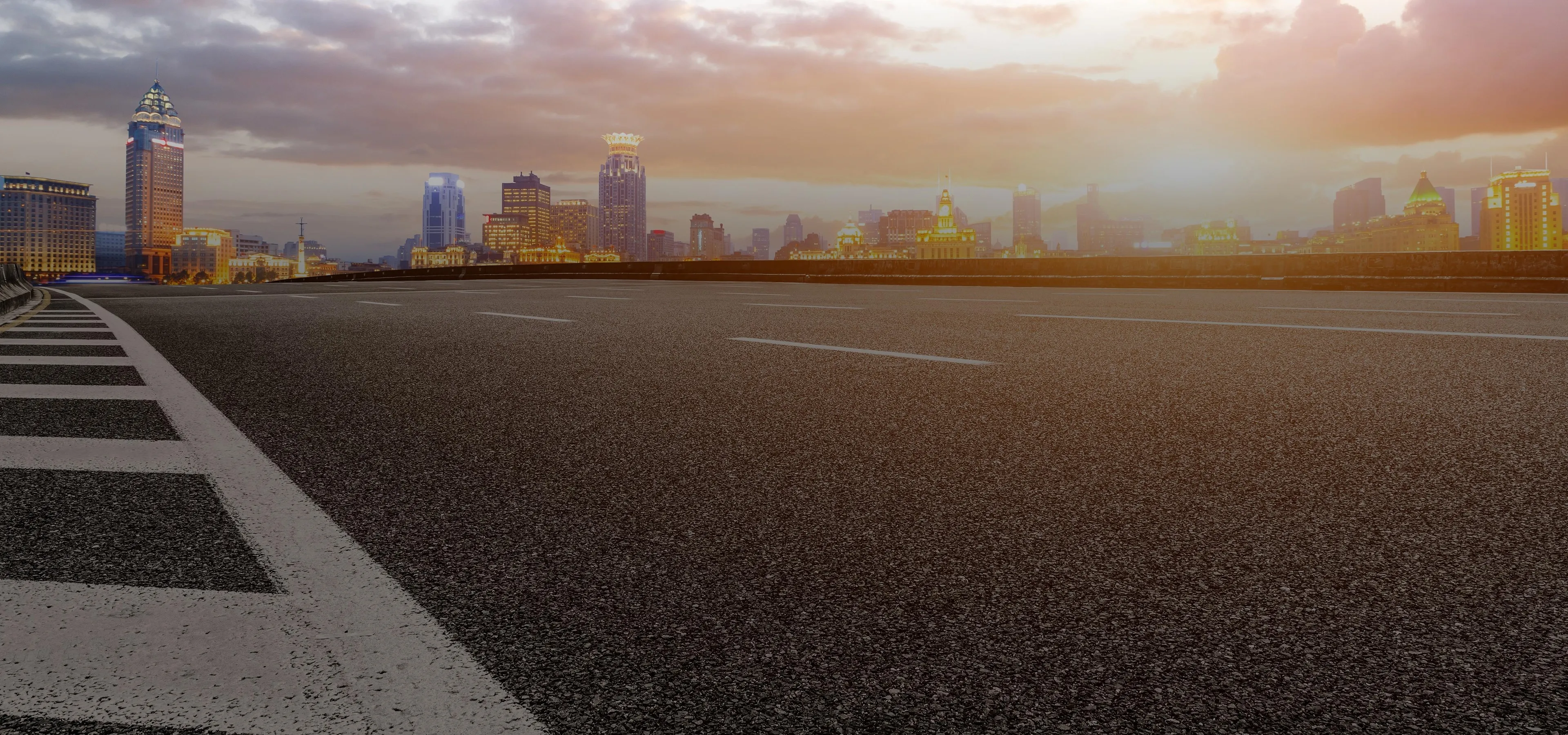Tesla founder and CEO Elon Musk offered some insight into how hackers might seek to turn driverless cars into zombie fleets, but remained upbeat about what can be done about it.
Speaking at the National Governors Association this weekend, Musk covered a lot of ground when asked about cyber security. He both invoked the light side of hacking, while also taking the threat seriously. One interesting remedy: allowing the passenger to bring a driverless vehicle to a stop with an encrypted connection at any time.
The risks for autonomous vehicles is somebody achieving a fleet-wide hack. If someone were able to hack all of the Teslas, they could say, as a prank, just send them all to Rhode Island (laughing) from across the United States. That would also be the end of Tesla. There would also be a lot of angry people in Rhode Island. (laughing) We have to make sure that the fleetwide hack is basically impossible and the people in the car have override authority. Whatever the car is doing or if the car is doing something wacky, you can press a button that no amount of software can override, to ensure that you get control of the vehicle. Even if somebody gains access to the car, we have subsystems in the car...so they can't gain access to the powertrain or the brake system.
Musk has already seen vulnerabilities in Tesla models revealed. In 2015, for example, the Tesla Model S was compromised with an over-the-air (OTA) attack. A group of researchers showed how they were able to install malware OTS in the vehicle's telematics system to then remotely bring the car to a stop by turning off its ignition.
By exploiting a vulnerability in the controller area network (CAN) bus, a Chinese security firm was able to seize control of the braking, infotainment panel, door locks, and other systems on the Model S before Tesla patched the security hole with an OTA software update.
No word yet on exactly how a safety button on all Teslas will bring the vehicles to a stop. Other carmakers are probably also working on a similar panic bottom, also raising concerns about risks involved when humans are able to override the car's self-drive capabilities.
Driverless Truck Startup Raises $15 Million, Partners with Peterbuilt
Embark, a self-drive commercial truck startup, has secured $15 million to develop its neural network machine-driven vehicles and plans to partner with leading commercial truck maker Peterbuilt, Techcrunch reports. Under the terms of its partnership, Embark will use Peterbuilt vehicles for its fleet tests.
Faraday Hires BMW Veteran as CTO, Struggles to Replace Lost Engineering Talent
Faraday Future, a troubled electric carmaker and potential Tesla competitor, has hired Ulrich Kranz, a 30-year BMW veteran and head of the German premium carmaker's Project i electric vehicle (EV) division, as its CTO.
The high-level hire comes amid company cash flow shortages and concerns about Chinese entrepreneur and main Faraday investor Jia Yueting's solvability.
Faraday has also struggled to replace key R&D talent following the departure of Sangmin Oh, who rejoined Nvidia as an autonomous driving engineer in March 2017, after a roughly one-year stint at Faraday Future in an engineering capacity. Yong Dian Jian, a staff computer vision scientist for Tesla since May, served as a senior technical specialist for autonomous driving at Faraday Future from Apr 2016 until Apr 2017.
Elsewhere in the News
James Murdoch, the son of media mogul Rupert Murdoch and CEO of Twenty-First Century Fox., and Linda Johnson Rice, chairman of Johnson Publishing Company (JPC), join Tesla's board of directors. Leading UK Defense firm BAE Systems to test self-pilot boats and aircraft off the coast of England.
- Follow Driverless on Facebook and Twitter
- Follow WonderHowTo on Facebook, Twitter, Pinterest, and Google+
Cover photo via Maurizio Pesce/Wikimedia





.jpg)




















Comments
Be the first, drop a comment!